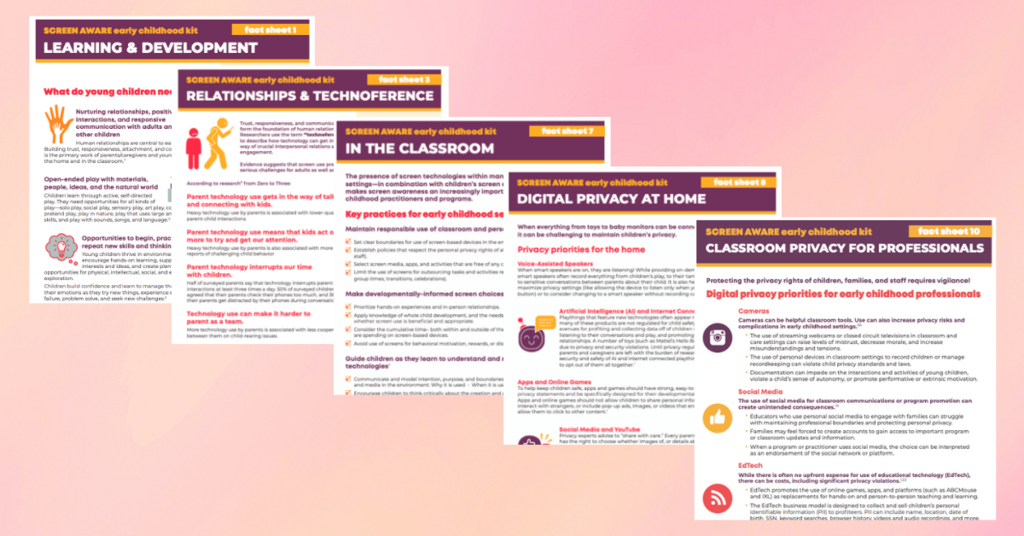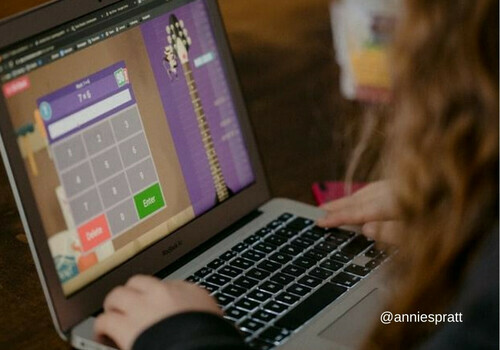
The time a baby spends on screens can have a lot to do with the mother’s mental health.
Two new studies in JAMA Pediatrics show an association between babies’ screen use and delays in their development, especially in the areas of learning to speak and problem-solving.
The more screen exposure, the more delays.
In the studies—both from Japan—the states of mind of the mothers affected the time their babies spent using digital devices.
“Lower developmental scores were associated with increased screen time in children with maternal psychological distress,” the first study states.
Postpartum Depression and Anxiety are Widespread
Depression is a vexingly common disorder among pregnant and new moms. 1 in 8 has depression or anxiety severe enough to require medical care, according to the U.S. National Institute of Child Health and Human Development.
A mother may be diagnosed with postpartum depression or anxiety if her feelings of sadness, emptiness, fear, or worry last for weeks and interfere with the tasks of everyday life.
Turning to screens is how some depressed and anxious parents cope.
As one mom recalls from before she was treated for postpartum depression, “I sat [my infant son] in a bouncy seat in front of the TV to get things done and take my mind off my anxiety and show something was getting accomplished.”







